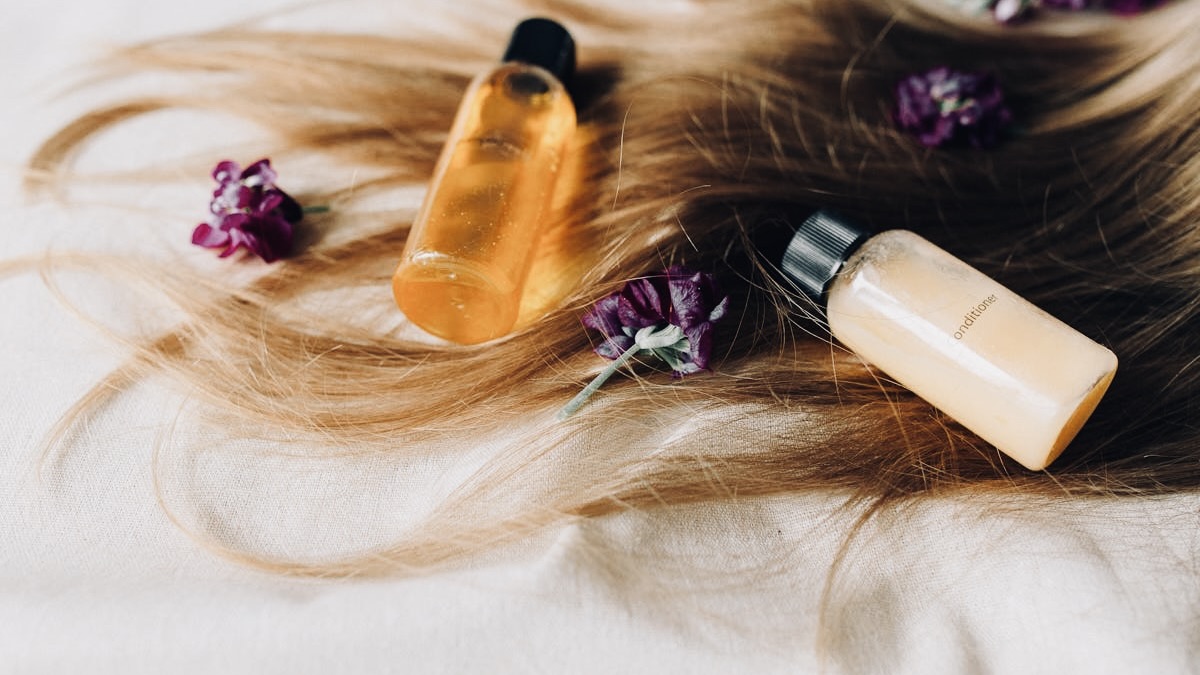Many people choose “organic” shampoos, believing they’re gentler and less likely to cause allergies. However, “organic” doesn’t automatically mean “hypoallergenic.” If you have a sensitive scalp or allergies, understanding this difference is key.
What “Organic” Actually Means in Shampoo
“Organic” typically indicates that a shampoo’s ingredients come from plants grown without synthetic pesticides, herbicides, or fertilizers. While this natural approach is appealing, it doesn’t guarantee a product won’t irritate your skin.
“Hypoallergenic”: A Misleading Claim?
“Hypoallergenic” suggests a product minimizes allergy risks. However, the FDA doesn’t strictly regulate this term. Manufacturers can use it without extensive testing.
Why Organic Shampoos Can Still Trigger Allergies:
- Natural Allergens Exist: Plant-based ingredients, while natural, can be potent allergens. Essential oils, botanical extracts, and certain plant proteins can cause reactions. For instance, lavender, tea tree oil, and chamomile, common in organic shampoos, are known allergens.
- No Industry Standards: The lack of universal standards for “organic” or “hypoallergenic” means formulations vary widely. What one brand considers “safe” might not be for another.
- Risk of Cross-Contamination: Even with organic ingredients, manufacturing processes can introduce allergens not listed on the label.
- Individual Reactions Vary: Allergies are highly personal. What works for one person might irritate another. “Organic” labels don’t account for these individual sensitivities.
- Formulation additives: Examples of these are foaming ingredients, preservatives, conditioning agents that can be found in organic products.
How to Choose the Right Shampoo for a Sensitive Scalp:
- Read Ingredient Lists Closely: Even with “organic” products, check for potential allergens you know you react to.
- Do a Patch Test: Before using a new shampoo, apply a small amount to your skin and wait 24-48 hours to check for reactions.
- Choose Fragrance-Free Options: Fragrances are a common source of allergic reactions.
- See a Dermatologist: If you have severe scalp sensitivities or allergies, consult a dermatologist for personalized advice.
The Bottom Line:
While organic shampoos can be a good choice for those seeking natural products, remember that “organic” doesn’t guarantee “hypoallergenic.” Prioritize understanding ingredient lists and your own sensitivities for optimal scalp health.

